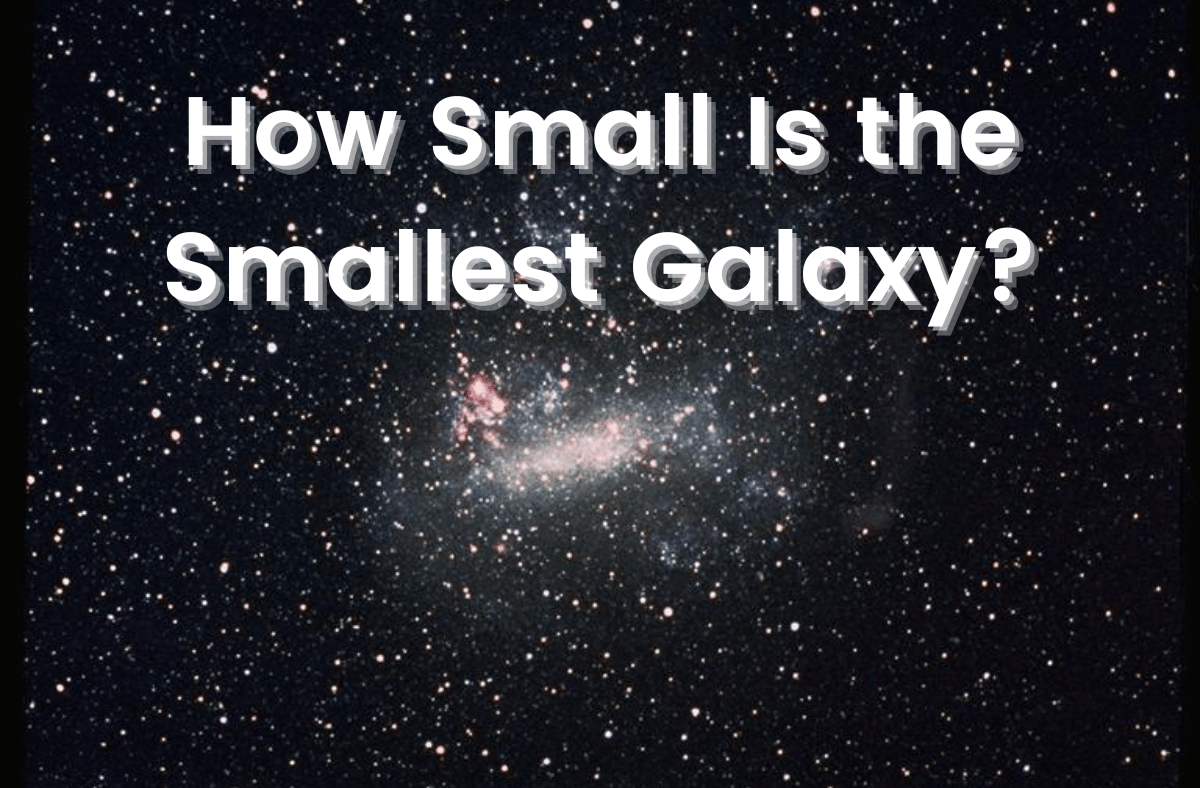For those in a hurry:
- Pi is an irrational number that never ends or repeats.
- The billionth digit of pi is 9, but it could have been any other digit.
- Finding the billionth digit of pi is not easy, it requires a lot of computing power and clever algorithms.
- Knowing the billionth digit of pi does not have any practical use, but it is a fascinating mathematical challenge.
What is Pi?
Pi is the ratio of the circumference of a circle to its diameter. It is an irrational number, which means it cannot be written as a fraction of two integers. It also means that its decimal expansion never ends or repeats. The first few digits of pi are 3.14159, but there are infinitely many more.
How to Find the Billionth Digit of Pi?
Finding the billionth digit of pi is not a simple task. You cannot just divide 22 by 7 and keep going until you reach the billionth place. You need a lot of computing power and clever algorithms to calculate pi to such a high precision.
One way to do it is to use a formula that expresses pi as an infinite series of fractions. For example, one such formula is:
pi = 4 * (1 – 1/3 + 1/5 – 1/7 + 1/9 – …)
By adding more and more terms to this series, you can get closer and closer to pi. However, this method is very slow and inefficient. To get the billionth digit of pi, you would need to add about 10 trillion terms!
Another way to do it is to use a formula that expresses pi as an infinite product of fractions. For example, one such formula is:
pi = 2 * (2/1) * (2/3) * (4/3) * (4/5) * (6/5) * (6/7) * …
By multiplying more and more factors to this product, you can also get closer and closer to pi. This method is faster and more efficient than the previous one, but still not enough. To get the billionth digit of pi, you would need to multiply about 300 million factors!
A better way to do it is to use a formula that expresses pi as an infinite sum of powers of 16. For example, one such formula is:
pi = 4 * (1/16^0 – 1/16^1 + 1/16^2 – …) +
2 * (1/16^0 – 1/16^2 + 1/16^4 – …) +
1 * (1/16^0 – 1/16^3 + 1/16^6 – …) +
…
By adding more and more terms to this sum, you can also get closer and closer to pi. This method is much faster and more efficient than the previous ones, because each term gives you four more digits of pi. To get the billionth digit of pi, you would need to add about 250 terms!
What is the Billionth Digit of Pi?
The billionth digit of pi is 9. This means that if you write down the decimal expansion of pi, starting from the left, the billionth digit you encounter is 9. But this is not a special property of pi or 9. It could have been any other digit from 0 to 9, with equal probability.
The billionth digit of pi does not have any special meaning or significance. It does not reveal any hidden pattern or structure in pi. It does not have any practical use or application in science or engineering. It is just a random digit in an endless sequence.
Why Does It Matter?
Finding the billionth digit of pi does not matter for any practical purpose, but it matters for some mathematical and philosophical reasons. It is a fascinating challenge that tests the limits of human knowledge and computation. It is a way of exploring one of the most mysterious and beautiful numbers in nature. It is a way of celebrating the wonder and joy of mathematics.






















